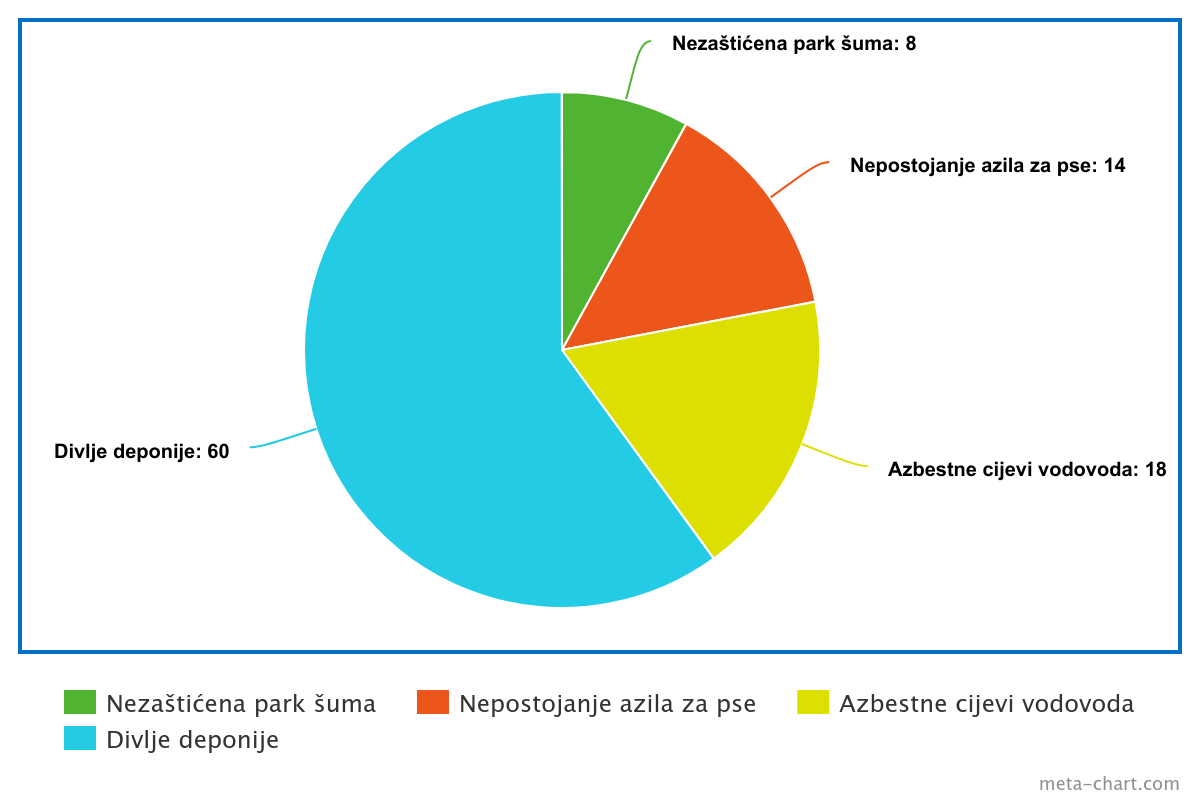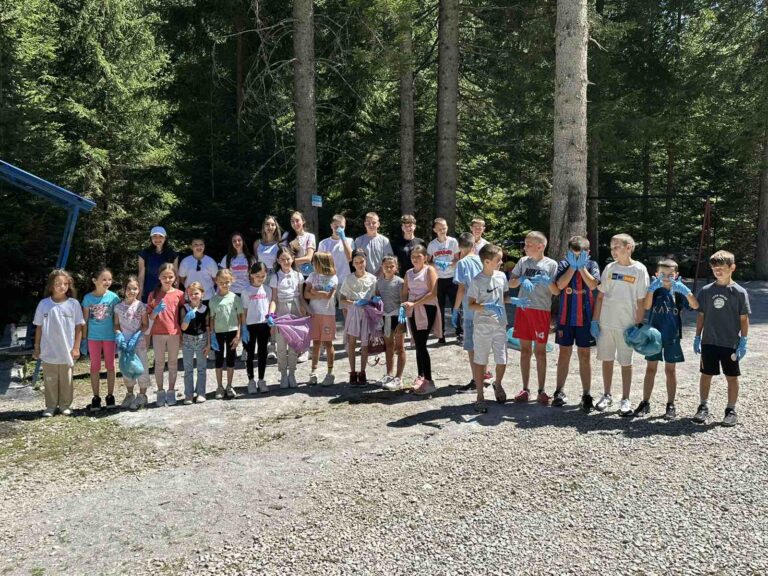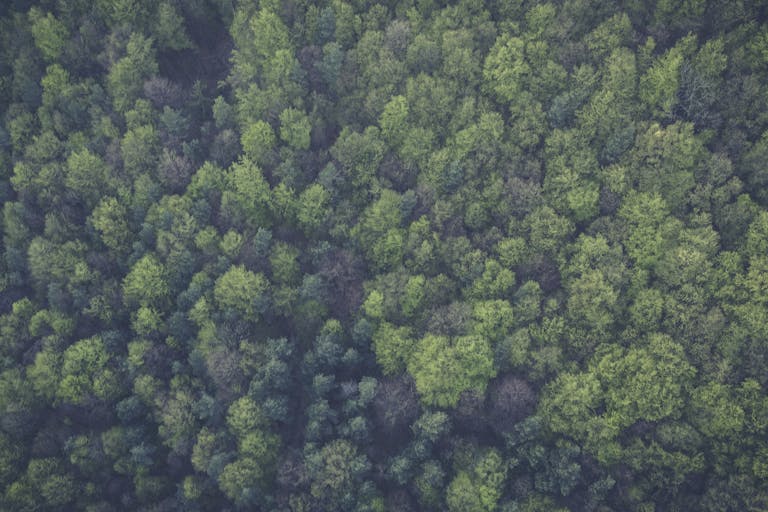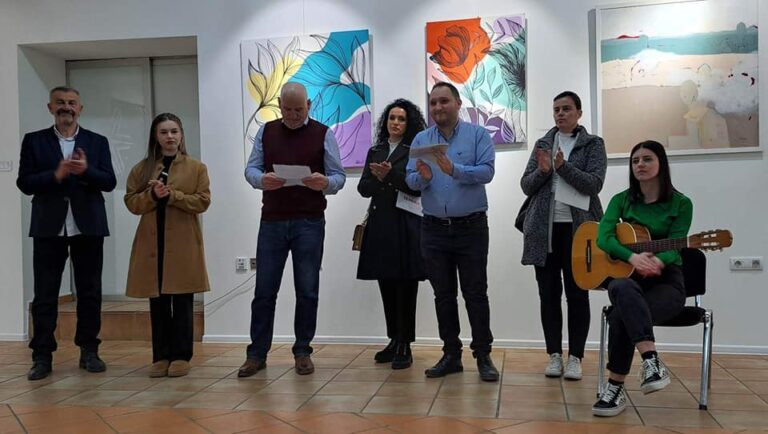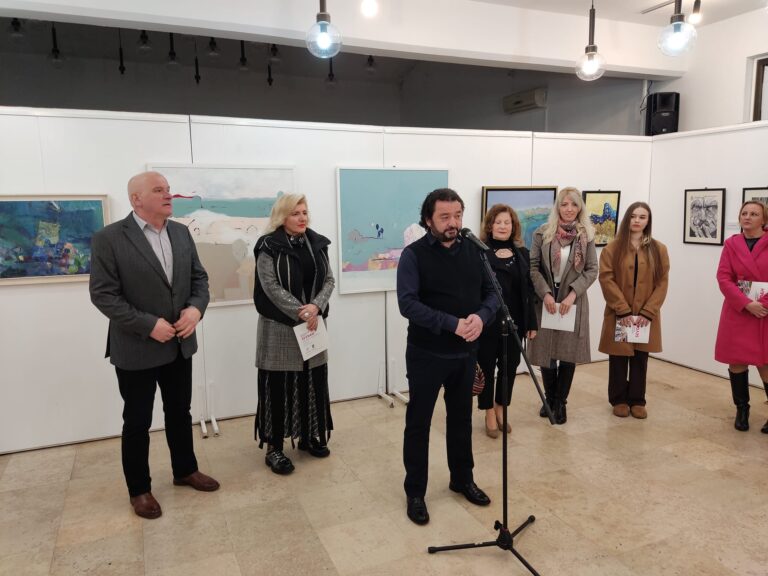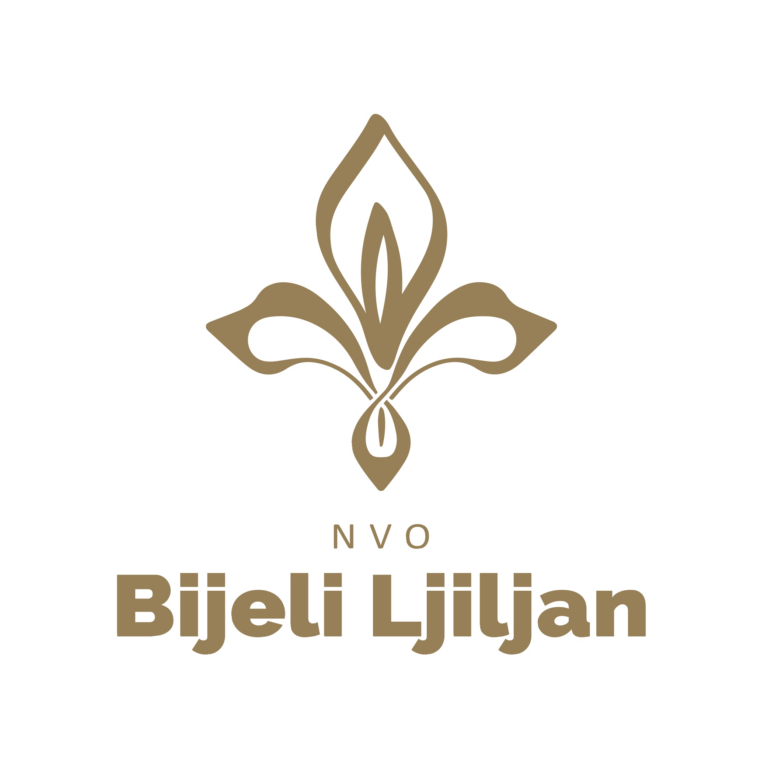Survey Results: Illegal Dumpsites Identified as the Biggest Issue
60% of respondents believe that the biggest environmental issue in the municipality of Rožaje is waste.
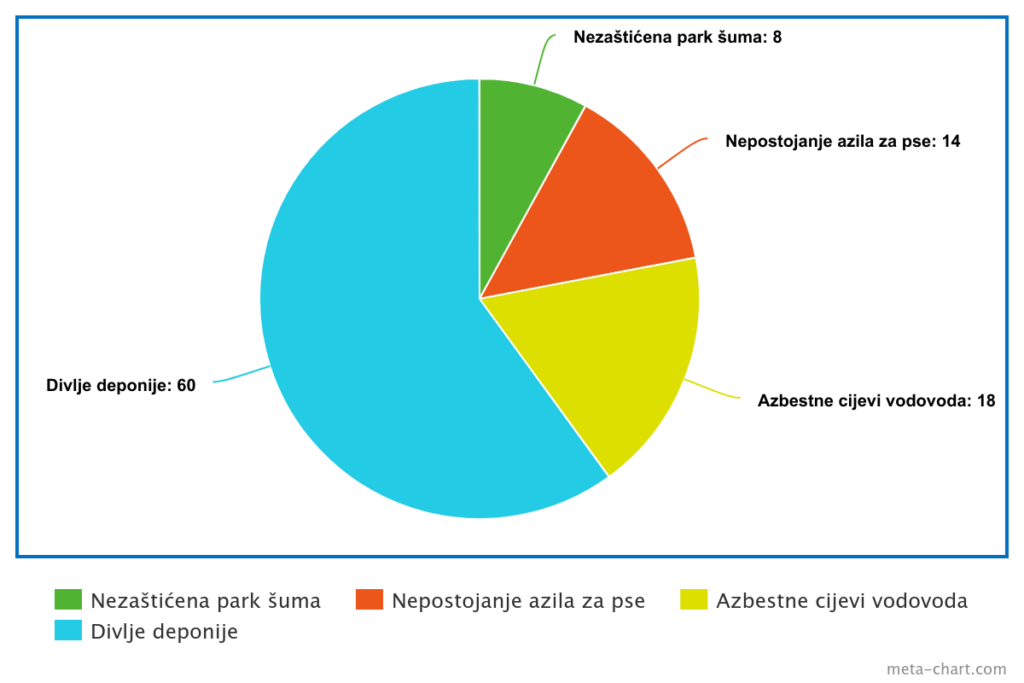
In a survey on the environment in the municipality of Rožaje, conducted from August 1 to 15, 2024, participants highlighted several pressing ecological concerns:
- 8% of respondents identified the lack of institutional protection for the Brezovačko Brdo park forest as the biggest problem. Issues include illegal logging, failure to remove diseased trees, destruction of recreational walking and cycling trails due to timber extraction, and damage to children’s playgrounds.
- Proposed solution: This problem could be resolved quickly and with minimal investment by funding a Protection Study and designating the park forest as a protected natural park.
- 14% of respondents considered the lack of a shelter for stray dogs and cats as the most significant issue. Stray animals roam the streets and outskirts of the city in packs, causing fear and distress among residents, particularly children, especially during the winter months when food is scarce.
- 18% of respondents pointed to the asbestos water supply system as the main environmental concern. Residents are consuming water from asbestos pipes installed decades ago, with no plan in place to replace them, despite asbestos being banned in the EU for over 15 years.
- 60% of young respondents identified the municipal landfill in the Ibar canyon as the most critical ecological issue. This primary landfill is frequently set on fire, with smoke and odor disrupting drivers on the Adriatic Highway and affecting residents in Besnik and surrounding areas. There is no system for waste separation, even though Montenegro has declared itself an ecological state for three decades.
- Positive example: Young participants noted the construction of the municipal wastewater treatment plant as a positive environmental step in Rožaje.
This survey was conducted with financial support through the grant scheme “For a Cleaner Montenegro – PUMP.” The content is the sole responsibility of NGO Avlija, NGO Štedim, and NGO Bijeli Ljiljan and does not necessarily reflect the views of the PUMP project consortium.

